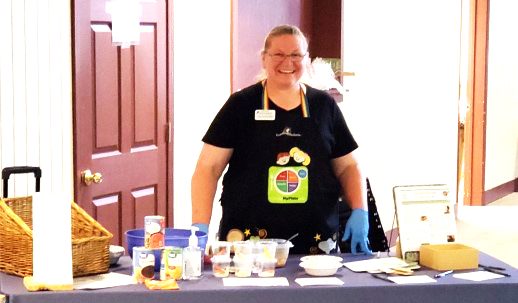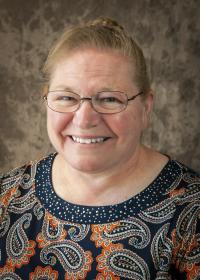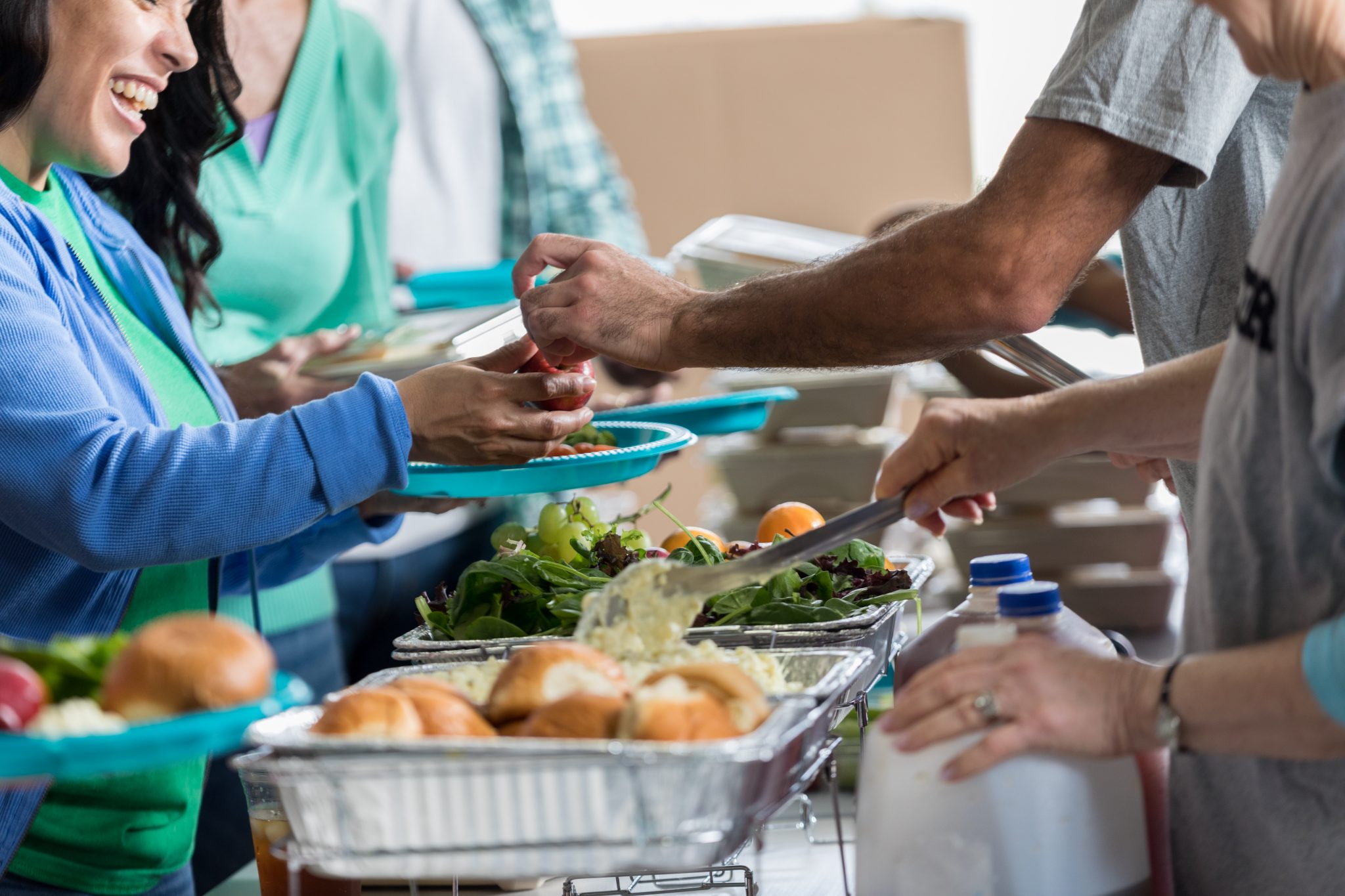Live Well Alabama

When Marshall County SNAP-Ed educator Roberta McClellan recognized pieces of fresh produce being used as hog feed instead of in the hands of residents who needed it, she took action.
McClellan discovered that most of the problems started with the fact that many of the fruits and vegetables being donated to the food pantry in Marshall County weren’t common to the area, and many residents weren’t sure what to do with them.
“This food pantry receives a wide variety of fruits and vegetables from the North Alabama Foodbank and large grocery stores that are unfamiliar to our clients,” McClellan said. “When clients do not know how to prepare and eat a donated food item, they either do not take the food or take food they will not use out of politeness and eventually throw it away.”
In this particular instance, the food bank had an abundance of plantains that were being passed over by pantry clients. The food pantry gave the excess to a local hog farm to avoid throwing the fruit away. However, due to McClellan’s quick thinking, she found a way to get the fruit into the hands of SNAP participants by conducting food demonstrations to show clients simple, tasty, and nutritious ways to enjoy plantains.
“More plantains were taken than ever before thanks to Roberta’s recipe demonstration and sample tasting,” said Joe Adair, the food pantry’s coordinator.

Shown is Marshall County SNAP-Ed educator Roberta McClellan at a local food pantry.
McClellan made it a point to continue to educate the more than 1,000 monthly food bank clients on healthy food options. Before the onset of the COVID-19 pandemic, her mission was to work with the food bank’s staff to make healthy foods more appealing and accessible to clients. On several occasions before the pandemic, McClellan hosted food demonstrations at the food bank highlighting Live Well Alabama recipes using food that pantry clients receive during their visit.
Community Garden
When McClellan isn’t working to ensure food isn’t wasted, she’s working to monitor a community garden in Cullman County. Although the COVID-19 pandemic has put a damper on the use of the garden, McClellan said she is partnering with North Alabama Agriplex to provide seeds and possibly plants for the fall season. She said if there isn’t interest in planting this season, the plan is to fill the raised beds and donate the food to local agencies.
“To date, I have collected and dispersed approximately 30 pounds of produce from the Community Garden including blueberries, blackberries, figs, green beans, squash, and tomatoes,” McClellan said. “I have also been working with an anonymous local gardener and my personal family garden to glean extra produce to share with community neighbors.”
Together they have collected approximately 100 pounds of produce to share, including cucumbers, green beans, tomatoes, squash, turnips, okra, cantaloupe, figs, pears, peppers, and field peas.
COVID-19
Because McClellan can’t meet with her audience as often as before, she has been involved in other ways. She has seen to it that the more than 20,000 pounds of locally grown sweet potatoes, potatoes, tomatoes, peaches, squash, blueberries, blackberries, apples, green beans, and peppers distributed to area food resource agencies by a partner agency, the North Alabama Agriplex, are accompanied with Live Well Alabama recipe cards and educational resources to help recipients make the most out of the produce they receive.
She also attends monthly virtual food outreach meetings for Cullman County and shares food pickup notifications from area food agencies in addition to nutrition, exercise, and gardening information through her County Extension and personal Facebook pages.
“This has definitely been a unique time for all of us,” McClellan said. “As a community, we are always looking for innovative ways to meet all of our residents’ needs. COVID-19 has created an opportunity for us to step outside of the box to connect the dots that make up the big picture.
To contact Roberta, SNAP-Ed educator in Marshall County, call (256) 737-9386 or email her at rlm0057@aces.edu.
To find more success stories about SNAP-Ed educators, visit LiveWellAlabama.com.

Roberta McClellan Marshall County SNAP-Ed Educator

